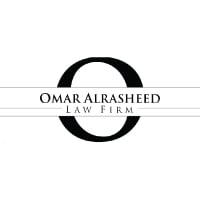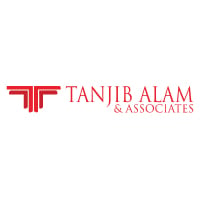

Chief counsel | Tipax Express Pars Co











Golsara Pouyan
Chief counsel | Tipax Express Pars Co
Team Size: 10 to 12 lawyers
What are the key projects that you have been involved in over the past 12 months?
Over the past year, I have led several transformative legal initiatives that supported Tipax Express Pars Co’s ongoing growth and resilience as one of the leading private logistics and courier companies in the region.
One of the most significant challenges was managing the legal department remotely following a major accident that temporarily prevented me from returning to the office. Despite the physical distance, I maintained oversight of all legal operations, implemented performance controls and reinforced team structure. This period tested not only my leadership but also the department’s cohesion, flexibility and accountability, and I am proud to say we emerged stronger.
Simultaneously, I spearheaded the digitisation of our contracts system, an ambitious initiative to modernise how the company handles agreements. We transitioned from a paper-based model to a centralised digital platform, improving compliance tracking, approval workflows and risk mitigation. This effort significantly reduced turnaround times and brought greater transparency and efficiency to our contract lifecycle.
I also initiated a reform of our legal framework regarding damaged or unclaimed delivery items, a recurring issue in courier operations. The previous approach lacked clarity and consistency. Working with internal stakeholders and external consultants, I helped develop new internal regulations and contract language to address customer rights, storage liability and compensation procedures, reducing legal ambiguity and operational risk.
Each of these projects reflects a commitment to long-term legal infrastructure, not just reactive support. I believe this proactive approach is critical in today’s fast-paced, customer-driven delivery industry.
How do you approach managing legal aspects during periods of instability or crises, and how does your legal strategy align with the broader business strategy to ensure the organisation’s resilience?
Periods of instability – whether personal, operational or economic – require a legal leader to be both calm and adaptive. When I had to manage the legal department remotely after my accident, I learned firsthand the importance of building systems that empower your team and ensure continuity even in your absence.
My strategy during crises is based on three principles: clarity, delegation and documentation. First, I ensure all internal legal guidance is clear, repeatable and aligned with executive priorities. Second, I delegate thoughtfully, giving ownership of responsibilities to capable team members with regular check-ins and escalation protocols. Third, I emphasise documentation—from legal risk assessments to contract approvals—ensuring that institutional knowledge is preserved even during disruption.
Legal strategy must mirror the company’s resilience strategy. At Tipax, this means flexibility in contracts, clear terms around liabilities, scalable compliance policies, and risk anticipation rather than reaction. A general counsel cannot afford to merely follow—they must help shape the organisation’s long-term stability.
What do you think are the most important attributes for a modern in-house counsel to possess?
A modern in-house counsel must go far beyond traditional legal interpretation. Today, the most successful counsel are strategic business thinkers who combine legal precision with commercial acumen.
In my view, the three most essential attributes are proactivity, adaptability and communication. Proactivity involves anticipating legal and business risks before they materialise and offering solutions early. Adaptability is the ability to adjust strategies quickly, whether in response to new regulations, corporate pivots or remote operations. Communication requires translating legal complexities into clear, actionable guidance for business teams and leadership.
Empathy and leadership also matter. As legal departments become more embedded in core business operations, counsel must be trusted partners who understand internal dynamics, team motivations and client expectations. Technical skills are a given; what sets in-house counsel apart today is the ability to think like a partner, not just a lawyer.
General counsel | Tipaxco